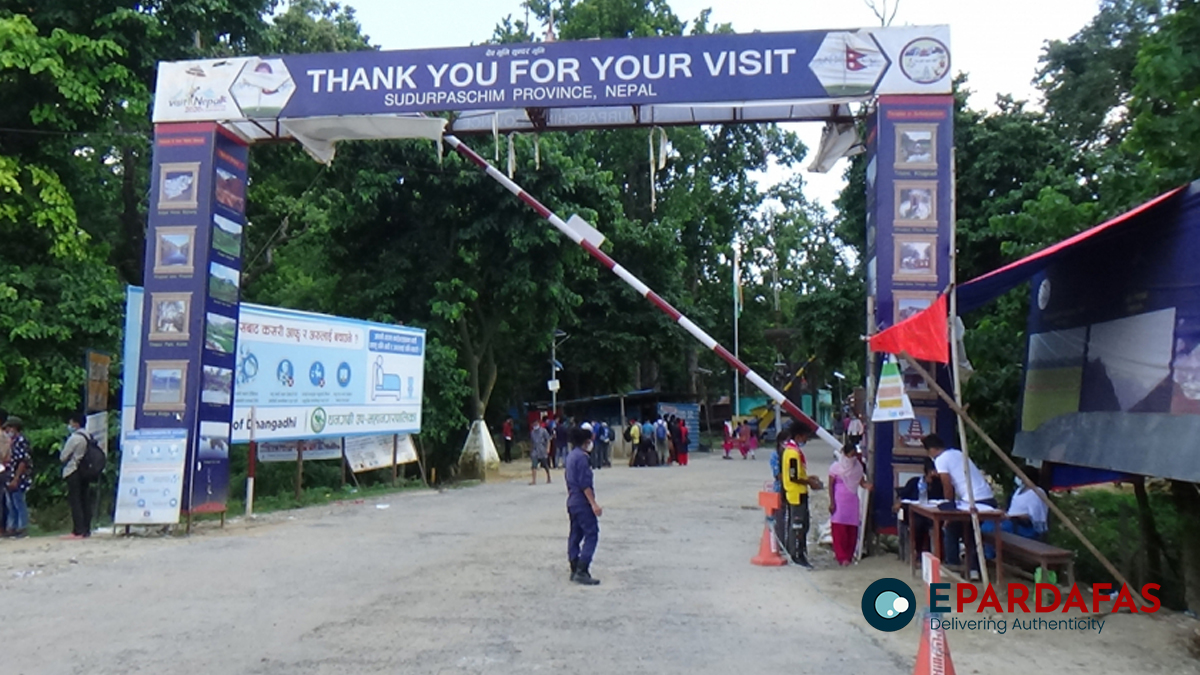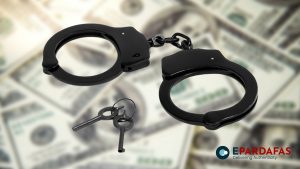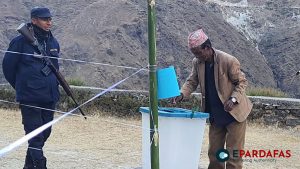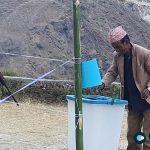
Travel Eased for Third-Country Visitors at Gaddachauki Border Transit Point

Travel for visitors from third countries through the Gaddachauki border transit point has been eased following an initiative by Home Affairs Minister Ramesh Lekhak.
The relaxation of restrictions came after a courtesy call by the Indian Ambassador to Nepal, Naveen Srivastava, to the Home Minister at the Ministry of Home Affairs. During their meeting, they discussed the removal of restrictions on immigration services for citizens from third countries entering India via checkpoints on the Nepal-India border, restrictions that were put in place after the COVID-19 pandemic. They also talked about maintaining the pre-pandemic status quo at the border checkpoints.
Following these discussions, the Indian side removed the restrictions on July 30, easing the movement of tourists from third countries to India via the Gaddachauki transit point. Padam Raj Bhatta, Chief of the Gaddachauki-based Immigration Office, confirmed the update.
“Seven foreign tourists have entered India from Nepal via this transit point since July 30,” Bhatta stated.
India had imposed restrictions on the entry of foreign nationals through the Gaddachauki border check post since December 10, 2021, during the COVID-19 pandemic. For the past three years, stakeholders and the private sector in Kanchanpur have been urging the government to allow foreign tourists to enter India via the Gaddachauki transit point without hindrance.
“The travel for tourists to India via the transit point has now been eased,” Bhatta said.
According to him, around 3,000 foreign tourists travel to and from India via the Gaddachauki transit point annually. Visitors from third countries had been facing various problems after the Indian side restricted their travel to India following the outbreak of the pandemic.
The removal of these restrictions marks a significant step towards facilitating easier and more convenient travel for foreign tourists between Nepal and India, thereby promoting tourism and strengthening bilateral relations between the two countries.












Comments